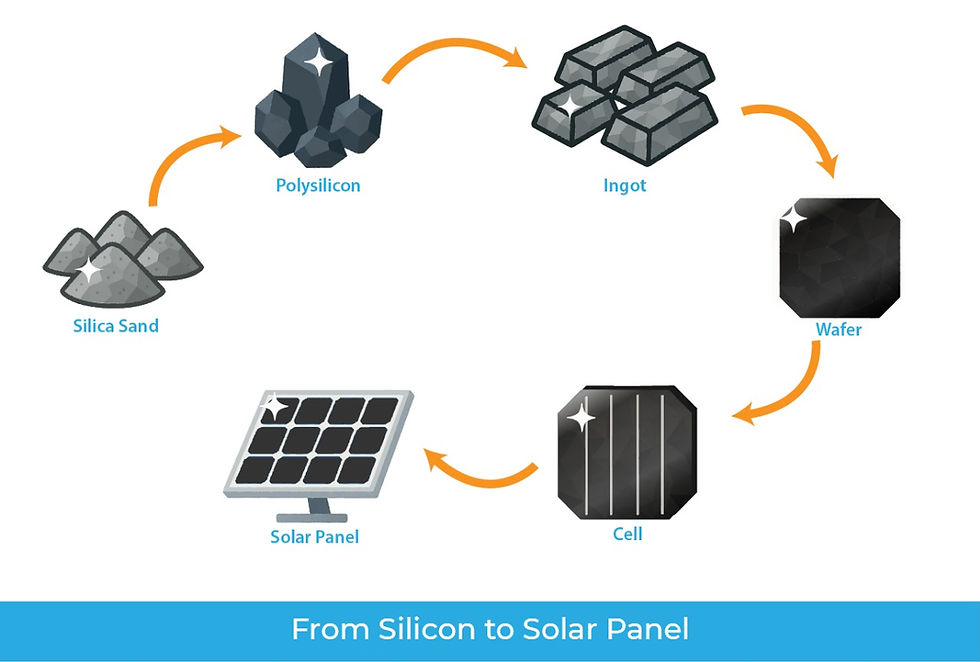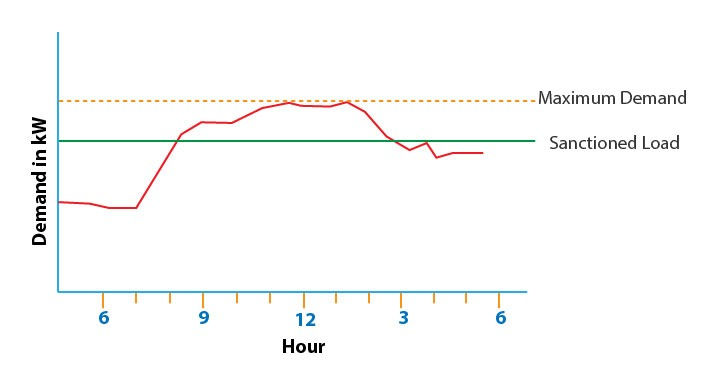Solar Batteries for Homes: Is Energy Storage Worth the Investment?
- Hyde Source

- Jul 27, 2025
- 4 min read
You've embraced solar energy, and your panels are diligently converting sunlight into electricity. But what happens when the sun sets, or a power outage strikes? This is where solar batteries come into play, offering a solution to store excess solar energy for later use. The question many homeowners grapple with is: Is investing in solar batteries truly worth it?

While solar batteries represent an additional upfront cost, their value extends beyond simply keeping the lights on. Let's explore how solar batteries work, their benefits, potential downsides, and key factors to consider when deciding if energy storage is the right investment for your home.
What are Solar Batteries and How Do They Work?
A solar battery, or a battery energy storage system (BESS), is designed to store the surplus electricity generated by your solar panels during the day.
Here's the basic workflow:
Solar Generation: Your solar panels absorb sunlight and convert it into Direct Current (DC) electricity.
Powering Your Home: This DC electricity flows through an inverter, which converts it into Alternating Current (AC) electricity that powers your home appliances.
Battery Charging: If your solar panels produce more electricity than your home is currently consuming, that excess energy is directed to the battery for storage.
Discharge for Use: When solar production drops (e.g., at night or on cloudy days) or during a power outage, your home can draw power from the stored energy in the battery. If the battery runs low, your home seamlessly switches back to drawing power from the utility grid (if grid-tied).
Most modern home solar batteries use lithium technology , while traditional lead-acid options like Tubular and SMF batteries are also available .
Why Consider Solar Batteries for Your Home? (The Pros)
Investing in a solar battery system offers several compelling advantages:
Energy Independence & Backup Power: This is often the primary motivator. In the event of a grid outage, a solar battery can keep your essential appliances (and even your whole home, depending on system size) running, providing peace of mind and uninterrupted power. Without a battery, grid-tied solar systems typically shut down during outages for safety reasons.

Reduced Carbon Footprint: By relying more on your stored solar energy and less on grid power (which might come from fossil fuels), you further reduce your home's overall carbon emissions.
Potential Considerations:
While the benefits are attractive, it's important to be aware of the challenges:
High Upfront Cost: Solar batteries represent a significant additional investment on top of your solar panel system. A typical home battery system can cost anywhere from ₹1,00,000 to ₹4,00,000 or more in India, depending on capacity and technology.
Longer Payback Period: While solar panels alone can have a payback period of 3-7 years, adding a battery can extend this period significantly, as the cost of the battery might outweigh the additional savings in the short term.
Limited Capacity & Lifespan: Batteries have a finite storage capacity and degrade over time, meaning their ability to hold a charge diminishes with use (typically 10-15 years for lithium-ion, 5-6 years for tubular lead-acid. You might need to replace them eventually.
Efficiency Losses: There are minor energy losses during the charging and discharging cycles of a battery (known as round-trip efficiency), meaning you don't get 100% of the stored energy back.
Space and Weight: Larger battery systems can be heavy and require dedicated space, often indoors, with proper ventilation.
Factors to Consider Before Investing in a Solar Battery
To determine if a solar battery is a worthwhile investment for your home, ask yourself these questions:
What are Your Energy Needs and Consumption Patterns?
How much electricity do you consume daily, especially during non-sunlight hours?

Load table for backup calculation What appliances do you want to back up during an outage (essential loads vs. whole-home backup)? This will dictate the required battery capacity and power rating.
How Reliable is Your Grid?
Do you experience frequent or prolonged power outages? If grid reliability is a major concern, the peace of mind offered by a battery might justify the cost.
What is Your Budget and Financial Goal?
Are you prioritizing maximum financial return (ROI) and a short payback period, or are you willing to invest more for energy independence and resilience?
Which Battery Technology Suits You?
Consider the pros and cons of different battery chemistries, such as lithium-ion (higher upfront cost, longer cycle life, less maintenance) vs. lead-acid (lower upfront cost, but require maintenance and have shorter lifespans for deep cycling).

What is the Lifespan?
Look for batteries with a high cycle rating to ensure long-term performance.
Is It Worth the Investment? A Nuanced Conclusion
For many, the decision to invest in solar batteries boils down to a balance between financial return and the value of energy security and independence.
It's likely worth it if:
You experience frequent or long power outages.
You prioritize energy independence and want to maximize your self-consumption of solar energy.
You have a long-term vision for your home's energy future and are comfortable with the upfront investment.
It might be less critical if:
Your grid is highly reliable with very few outages.
Your utility offers excellent net metering credits, making exporting excess solar financially attractive.
Your primary goal is simply to reduce your electricity bill and you have a limited budget.
Ultimately, solar batteries are a powerful enhancement to a home solar system, transforming it from a daytime power generator into a comprehensive energy management solution. By carefully evaluating your personal needs, local conditions, and financial goals, you can determine if adding energy storage is the right next step in your solar journey.




